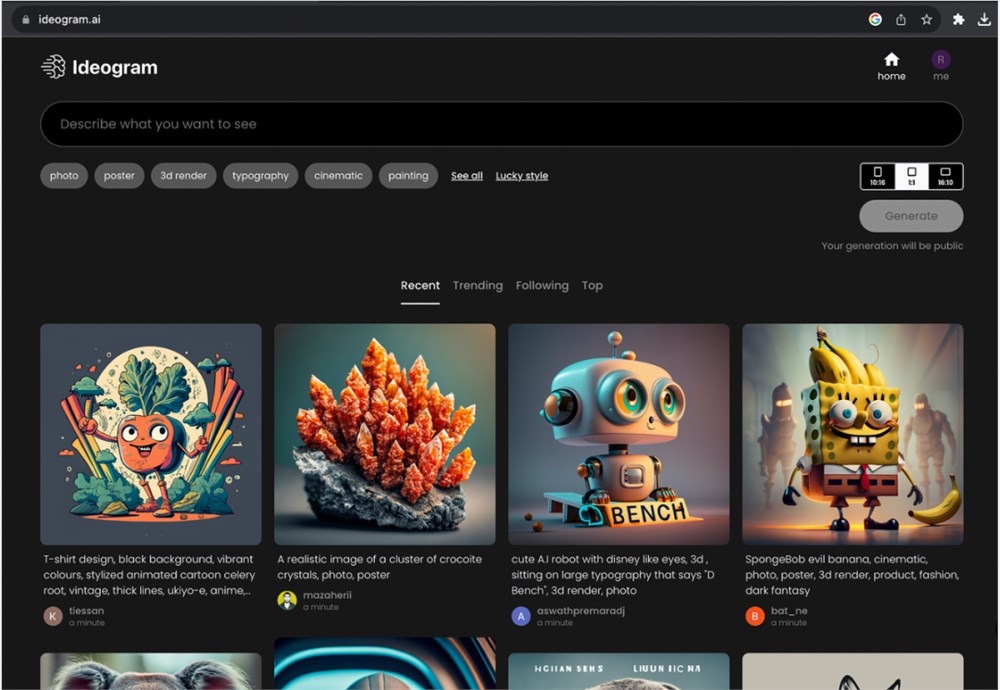The investment train for AI startups is slowly slowing down, according to overseas media reports.Some young startups are finding it increasingly difficult to meet their funding goals for new rounds of funding, and a year ago, investors would certainly have jumped at the chance.
byStartups Take, for example, Liquid AI, a company that is developing a new type of AI Modelsthat it can learn as it is used, not just pre-trained, and this approach is similar to the popular OpenAI Models work very differently.
In July, Liquid AI's CEO Ramin Hasani had been in talks with investors to raise as much as $100 million for the startup he and three other MIT researchers founded a few months ago.
However, some investors were already wary of Liquid AI's unproven technology at the time. Earlier this month, the company had only received a $100 million round of funding from Bain CapitaladvancedAdvisor Stephen Pagliuca's family office and OSS Capital raised $37.6 million.
"Nine months ago, a simple demo on Twitter was enough to get funding," said Joanne Chen, general partner at Foundation Capital."Today, founders need to be more thoughtful, and their companies need to have long-term value propositions."AI companies Foundation Capital has backed include model monitoring startup Arize and chip developer Cerebras.
While investors have been cautious about investing in AI companies, AI deals are still a big part of the current funding market. itchBook's data shows that while investment in startups in the U.S. declined by $21% year-over-year in the third quarter, investment in AI startups jumped $1,50%. more established companies such as Anthropic and OpenAI More established companies such as Anthropic and OpenAI received investments that were more than 60 times their annualized revenue. It must be said, though, that the AI funding market is a far cry from the first half of this year, when deals closed in a matter of weeks.

Ever since startups like Stability AI and Jasper got into R&D trouble after raising large sums of money, investors have become more cautious about writing big checks to emerging generative AI companies.OpenAI andMicrosoftLarge companies such as the likes of the big boys, as well as open source AI providers, have become a huge threat, while many startups also have to deal with the harsh realities of selling services to businesses that are quick to ditch vendors at the first sign of a flurry of activity.
A number of ongoing investment negotiations have collapsed... Conjecture, a London-based developer of large-scale language models, began talking to investors in August, hoping to raise about $100 million. But after months of discussions, the startup decided to put funding on hold as investors grew concerned about the company's competition with rivals such as Meta Platforms and Mistral and the high cost of model development.

Many startup AI companies are also facing a lot of pressure to buy technologies such as basic big language models from big companies like OpenAI. And these big companies are planning to sell the appropriate technology directly to the startups' target customers. This will allow the target companies to develop their own tools to meet their needs.
Jenny Lefcourt, a partner at venture capital firm Freestyle Capital, said, "One problem is that there is a growing belief that most of the value of AI is going to go to companies that already have distribution channels, which makes it more difficult for AI startups." According to Lefcourt, the startups that are able to successfully raise capital are those that are able to demonstrate a more mature product.
Another barometer of the AI funding market is Ideogram, a company whose product generates images from textual descriptionsFounded in 2022 by four former Google AI researchers, Ideogram raised money earlier this year at a valuation of more than $100 million, when it wasn't even clear what they wanted to launch. And by October of this year, Andreessen Horowitz and others had raised more than $100 million in funding.TopThe company offered to fund the startup at a pre-investment valuation of up to $500 million, even though it has no revenue.

And some venture capitalists are against it. New Enterprise Associates, which has also backed AI startups such as Rewind and the search engine Perplexity, is concerned that Ideogram's AI model is too expensive to run and how it will differentiate itself from competitors such as Midjourney and OpenAI's Dall-E. competitors like Midjourney and OpenAI's Dall-E. In addition to the high valuation, those concerns led the company to drop out of the funding round. It's unclear if any other companies participated, and Ideogram hasn't revealed exactly what the company's current valuation is.
The troubles experienced by some of the early winners in the generative AI boom have also led to a lukewarm status quo for new founders.Jasper, which sells a subscription service for writing tools based on OpenAI's GPT model, was valued at $1.5 billion last year. But recently, the company cut its internal valuation by 20% and lowered its annual recurring revenue forecast for 2023 by at least 30%.
Deepgram, a speech-to-text startup that raised $86 million in funding from venture capital firm Madrona, Tiger Global Management, and Y Combinator, also laid off about 20% employees in October, its second round of layoffs this year. Both companies are facing market pressure from competitors like OpenAI. OpenAI's business had been booming until its recent CEO crisis.
Of course, not all companies are struggling to raise capital. Some smaller startups are still attracting investor interest at high valuations. adaptive is an Amsterdam-based startup working to help large language model developers improve the quality of their models. The company is in talks to raise $20 million at a $100 million post-investment valuation. Index Ventures and Iconiq Capital are in talks to raise money for the months-old company, while Iconiq has not previously participated in the round.
Another question many investors have to face is whether companies that spend money on AI products from startups are just experimenting or if they really want to be in the field for the long haul. A recent report released by app development startup Retool mentioned that about half of the companies surveyed said they were buying AI apps either for ad hoc purposes or that their needs were in the early stages. Nearly half of the respondents also said that they don't customize models created by companies like OpenAI. This suggests that there isn't a strong demand in the market for those startups' products.
Even OpenAI, with its ChatGPT website's visits also saw a sharp decline this summer, and while Microsoft's enterprise AI sales seem to be taking off, their usage has yet to return to peak levels.
"First the innovators, then the imitators, then the idiots, that's the order in which these things go." Venky Ganesan, a partner at Menlo Ventures, said. "We're still in the innovator stage of the cycle, but we're slowly starting to see imitators emerge, and we certainly haven't seen idiots emerge yet." (Translation/Luco)